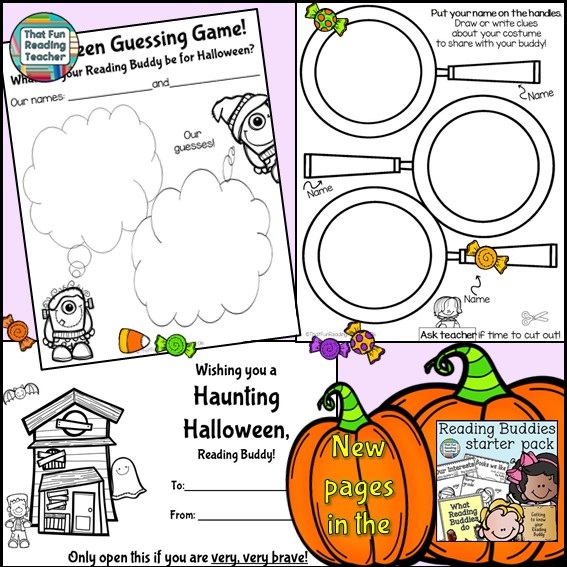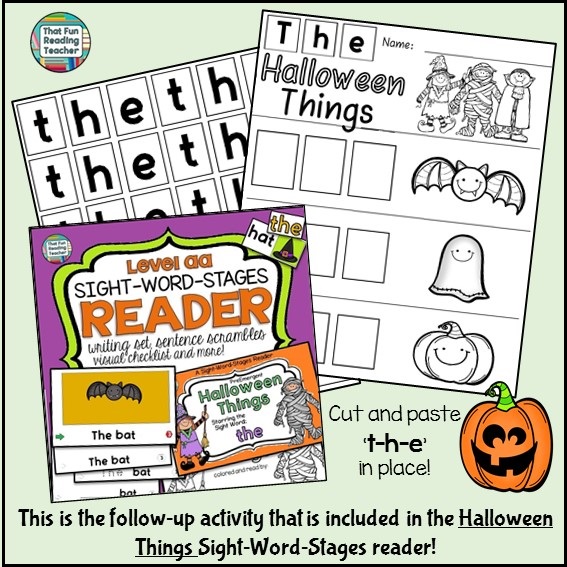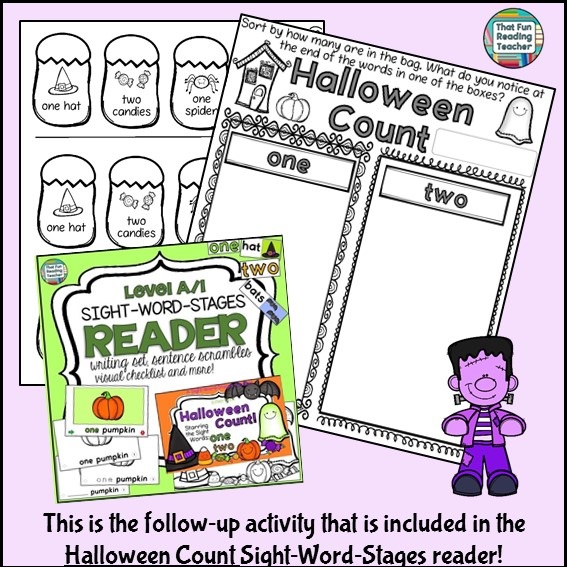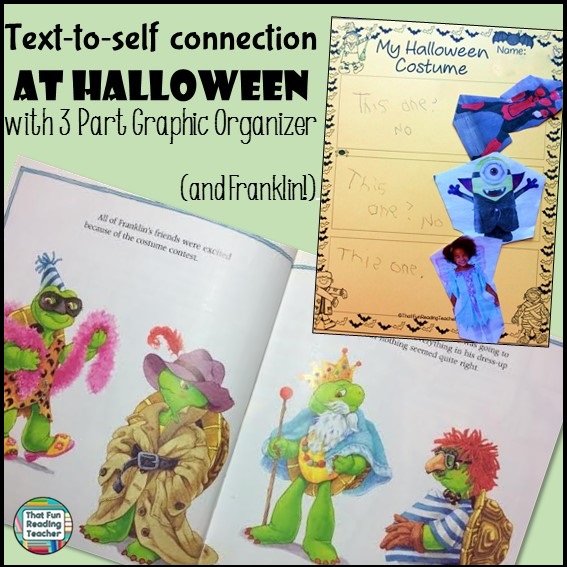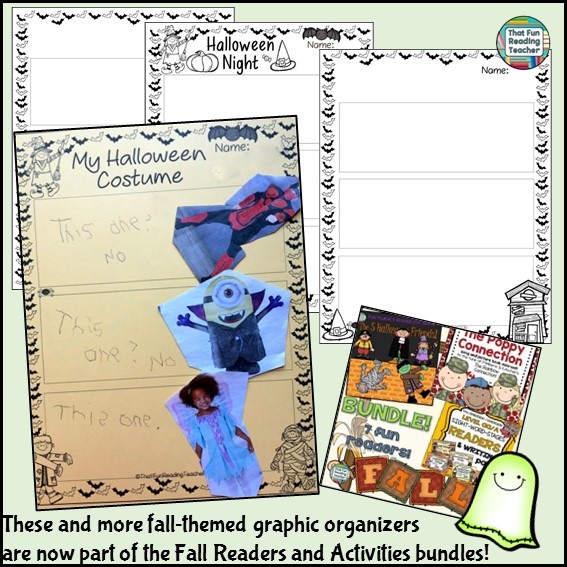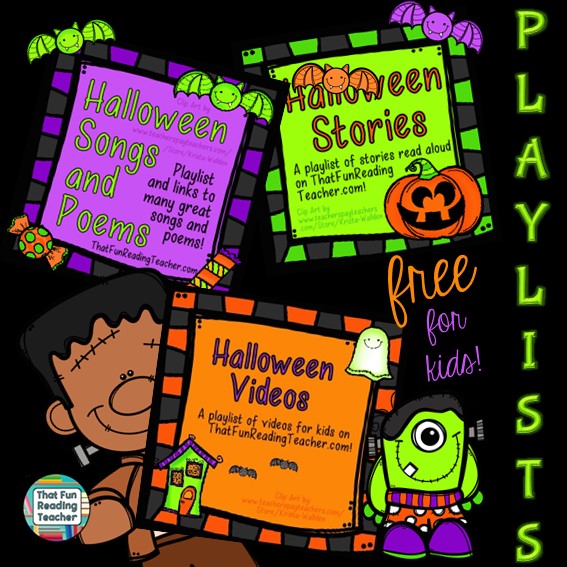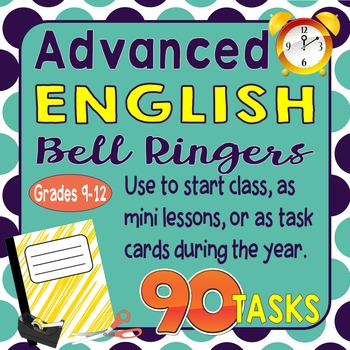3 Things You Must Know To Write A Legally Defensible Transition Plan Part 2 - The Community Based Instruction (CBI) Lesson Plan!
By: Special Education - Peggy Simpson
https://www.teacherspayteachers.com/Store/Special-Education-Peggy-Simpson
Community Based Instruction Plan
This is a continuation of my post from last Saturday on Transition Planning for Special Education Students.
Quick Overview: (Here's a review of what I wrote for last week on #3 Independent Living for Special Education Students.)
"3) Independent Living (this includes the "Now" and the "Tomorrow"). This is a HUGE area! I could write volumes on this but today I just want to touch on three areas/aspects that you need to have Community Based Training and Social Skills/Stories Lessons on.
a) Living Arrangements: Is the student staying at home? Forever? Is this reasonable? Would a non-disabled student be staying with their parents forever?
b) Recreation and Leisure: Does the student know how to get to desired places/activities? This is a big part of everyone's happiness and without this skill, life may not be as fulfilling as it could be for our students.
c) Personal and/or Social: Here's another biggie! How and what type of social skills/narratives are you teaching? Without proper social skill training our students will miss out on many opportunities to have success in life. What about self-advocacy? The list for the "soft" skills that need to be taught under this area are unlimited."
This week, I'll cover "why" you need Community Based Instruction Lesson Plans for Independent Living.
There are many reasons why you need CBI Lesson plans. For one, it's your proof that you have been taking the steps necessary to make sure that your student(s) are being given systematic instruction on how to "do" whatever it is that the IEP team (student included) thinks is important for transitioning to an adult.
Building off that point, you need to keep copies of your CBI plans to make sure that if you are ever questioned by the parents, administration, and/or advocates (about your part in making sure the transition plan had appropriate community based instruction) you have evidence that whatever you say occurred, actually occurred. First Rule of Special Education - if it's NOT WRITTEN DOWN (OR RECORDED SOME WAY), IT NEVER HAPPENED. (Remember from my last post, that you need to keep stuff for at least three years after the student graduates as you can be asked to provide information on how
you made sure that the student was working towards their transition goals?) You can be asked for proof at any time, but normally you are clear after three years post graduation from high school. Again, I'm not a lawyer and it may well differ with your state/district - so ask your school's legal team (or administration).
Think of the CBI lesson plan as your "assessment" and remember "assessment" drives instruction!
Also remember, as the teacher - YOU ARE IN CHARGE OF THE INSTRUCTION. That boils down to "ANYTHING THAT GOES WRONG IS YOUR FAULT." It is unrealistic and unfair, but the expectation is prevalent in our teaching culture; so be aware!
So "what" should the Community Based lesson plan include?
It should include the "hopes," "dreams," and "interests" of the student. Let's say that your student wants to work in retail. You should task analysis all the steps/parts (and you'll be surprised at how many there are) needed to successfully implement this goal.
Think about it. You need a student to have basic hygiene (no one wants a smelly worker). You need basic travel skills (walking safety, riding the bus by yourself, and basic direction/navigation skills). This could take years to successfully implement/complete. Then, you have the behavior at the job site. Does the student steal, take too long in the work bathroom, tantrum, scream, or hit? While this doesn't preclude the student from working at their "dream" job (and should NEVER be used as an excuse for not implementing a transition plan goal) it is the teacher's responsibility to be in charge of the "learning/instruction" that needs to take place to get the student closer and closer to their "dream."
Will you always succeed? Probably not, but EVERY CHILD CAN LEARN! That means you set up an environment where the student is making progress towards the goal all the times. You are always looking at what the "end product" of the CBI Lesson will be, while chipping away at it inch by inch.
Make sure your CBI lesson plan has a part where you practice in the classroom and then in the community. If you are never allowed in the community, you are not offering the student an opportunity to "generalize." Here's one of my stories on "why" you have to be in a real setting to make transition plans work:
"I had a student that loved Pepsi and hot fries. Everything worked around getting those two highly desired items. All classwork, and job site experience centered around getting those two products. We worked with the student for a year. Mobility training, safety signs, resume writing, work checklist social story training, don't stay in the work bathroom and play training, etc., etc. By the end, the student was very successful. At this point, not thinking about "real-life" experiences needing to be taught in the classroom and then generalized to "real-life" experiences, the team decided it was time to teach "banking" skills. So, we worked through all the steps again (mobility, bus tokens, safety, how to fill out a deposit slip, etc.) What happened when we actually went to a bank? My student did everything perfectly until he reached the teller (who was behind plastic/glass). Making wonderful eye contact with the teller, he gave her his check and deposit slip and proudly requested, "A Pepsi and Large Hot Fries please!"
Moral of the story: If your school thinks they can have a successful transition plan that never leaves the campus they are wrong. Real life needs real life experiences and we won't always be there for our students; thus, time is precious - use it wisely because when it runs out, you don't get another chance with that student.
To all the hard working SPED and Transition Teachers (and ALL Teachers) out there - Have a Wonderful Halloween!








